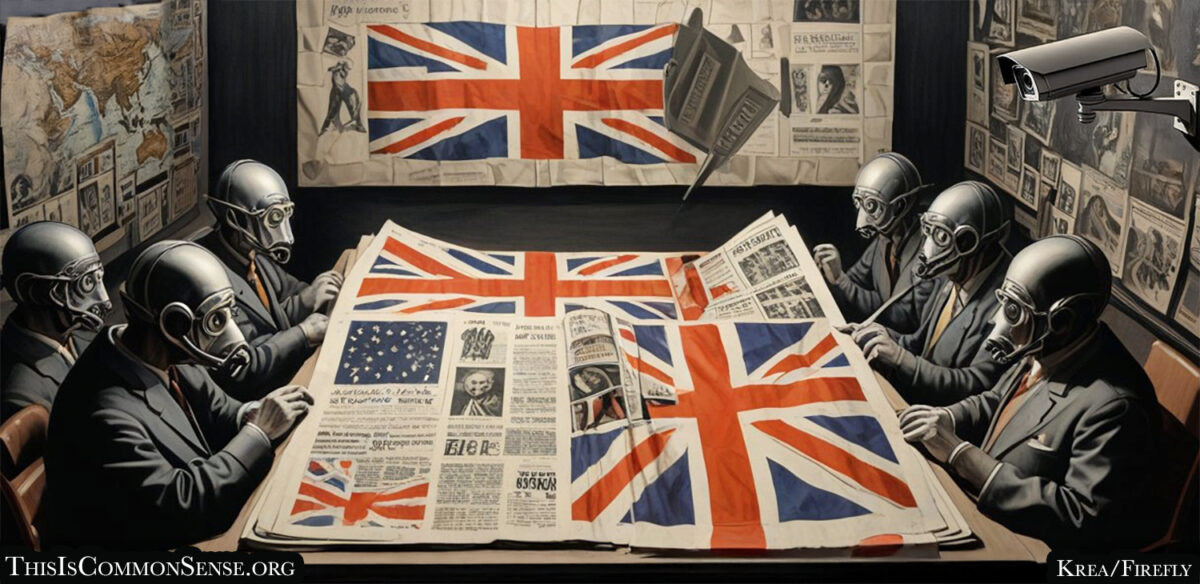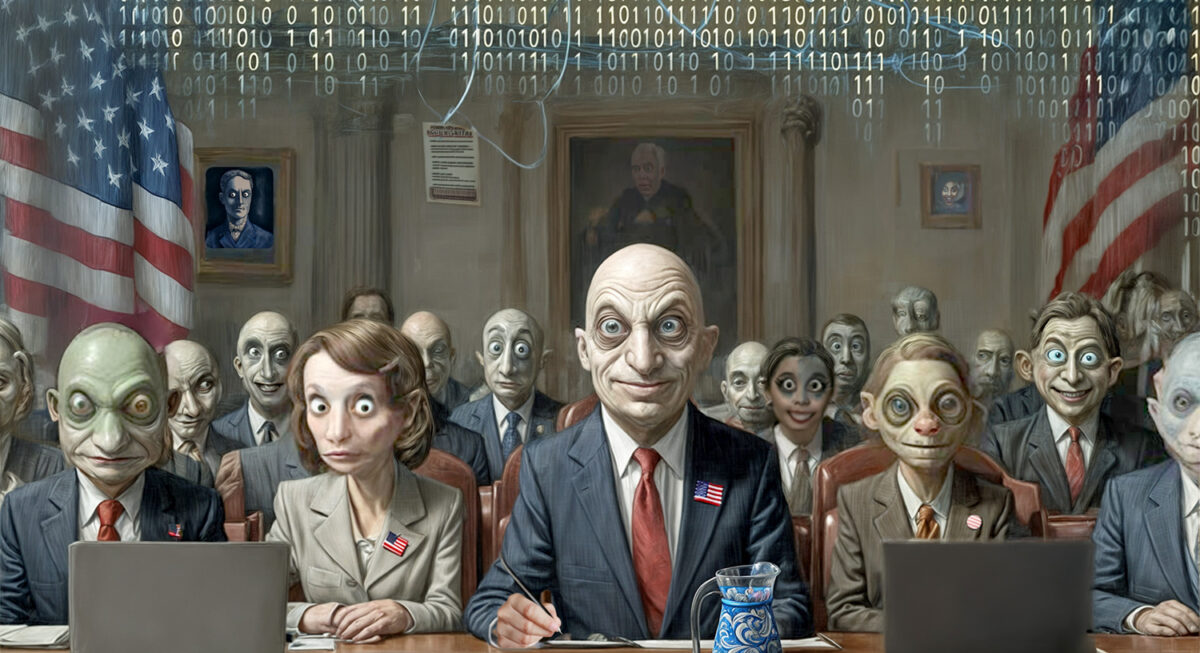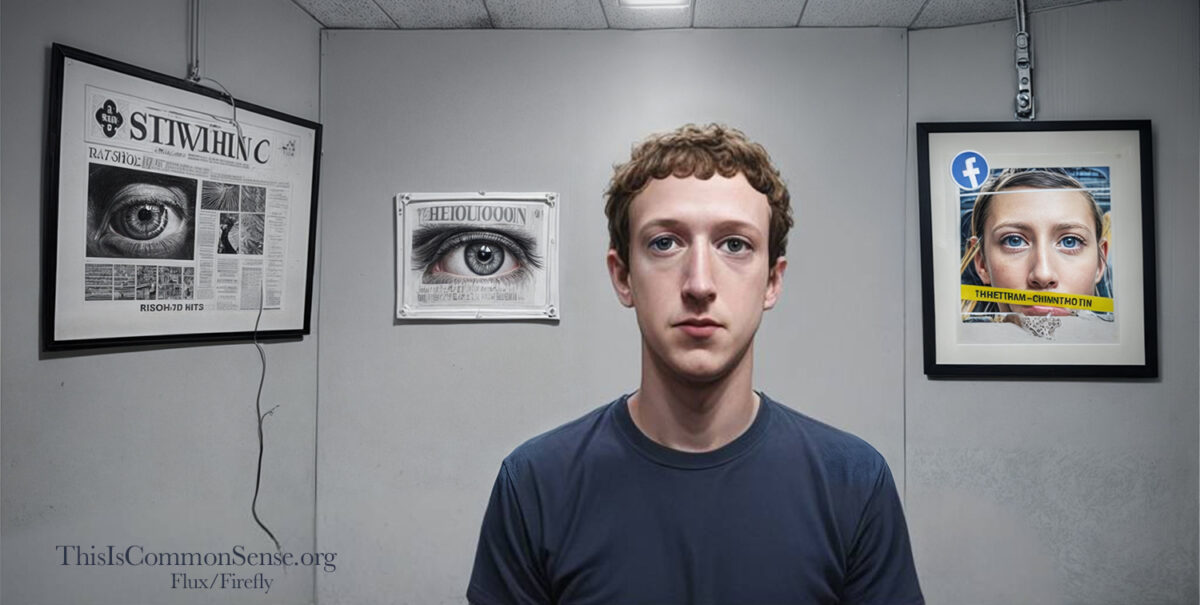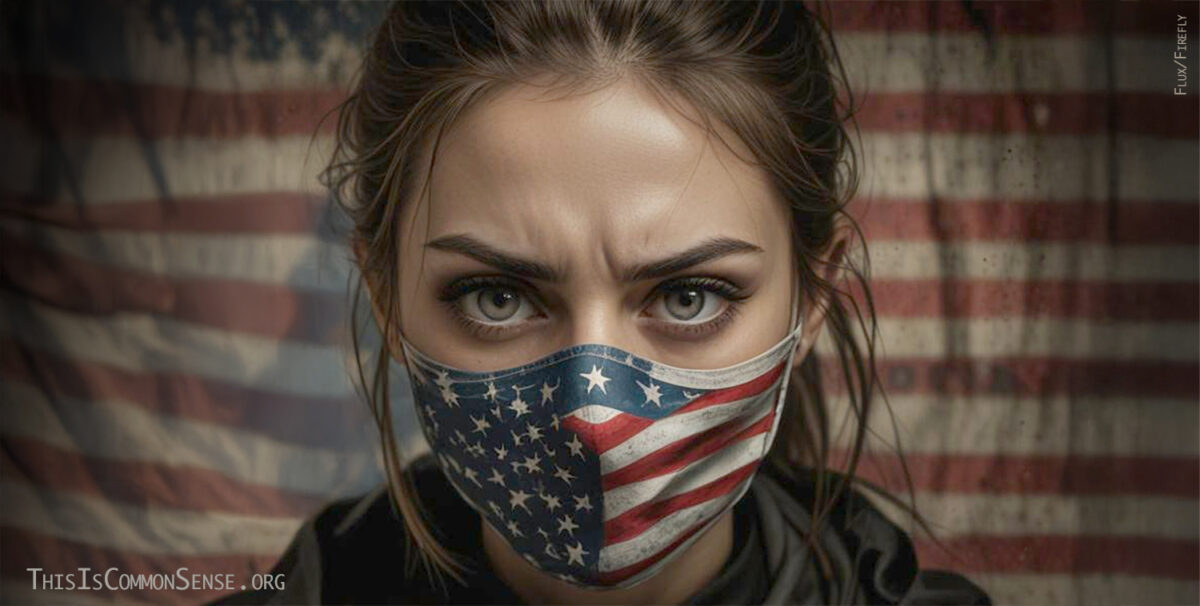The European Union’s censors are outraged that Elon Musk’s social media platform, Twitter‑X, flouts their demands to gag users.
So they’re gearing up to fine X more than a billion dollars. The EU will also be demanding “product changes.”
Another EU investigation reported by The New York Times “is broader and … could lead to further penalties,” but amounts to the same thing: punishing Musk’s free-speech company for disobeying orders to prevent and punish speech.
All this is rationalized by a new EU law to compel social media platforms to police users. One would be hard put to find a clearer case of governmental censorship-by-delegation. It’s not even taking place behind closed doors, as was the case regarding the U.S. Government and Twitter before Mr. Musk bought the platform.
These European censors brag about it.
X says it will do its best to “protect freedom of speech in Europe.”
If push comes to shove and EU goons do not back down, what X should do has been indicated by the smaller platforms social media platforms Gab and Kiwi Farms.
First, refuse to pay a penny of any imposed fine.
Second, block access to X within the European Union, advising all account holders who try to log on why having an EU IP address is now a bad idea and why using a good virtual private network (VPN) to access X is now a good idea.
By disguising point of origin and encrypting traffic, a good VPN can help people living under tyrannical regimes like the European Union to evade censorship.
This is Common Sense. I’m Paul Jacob.
Illustration created with Krea and Firefly
—
See all recent commentary
(simplified and organized)





